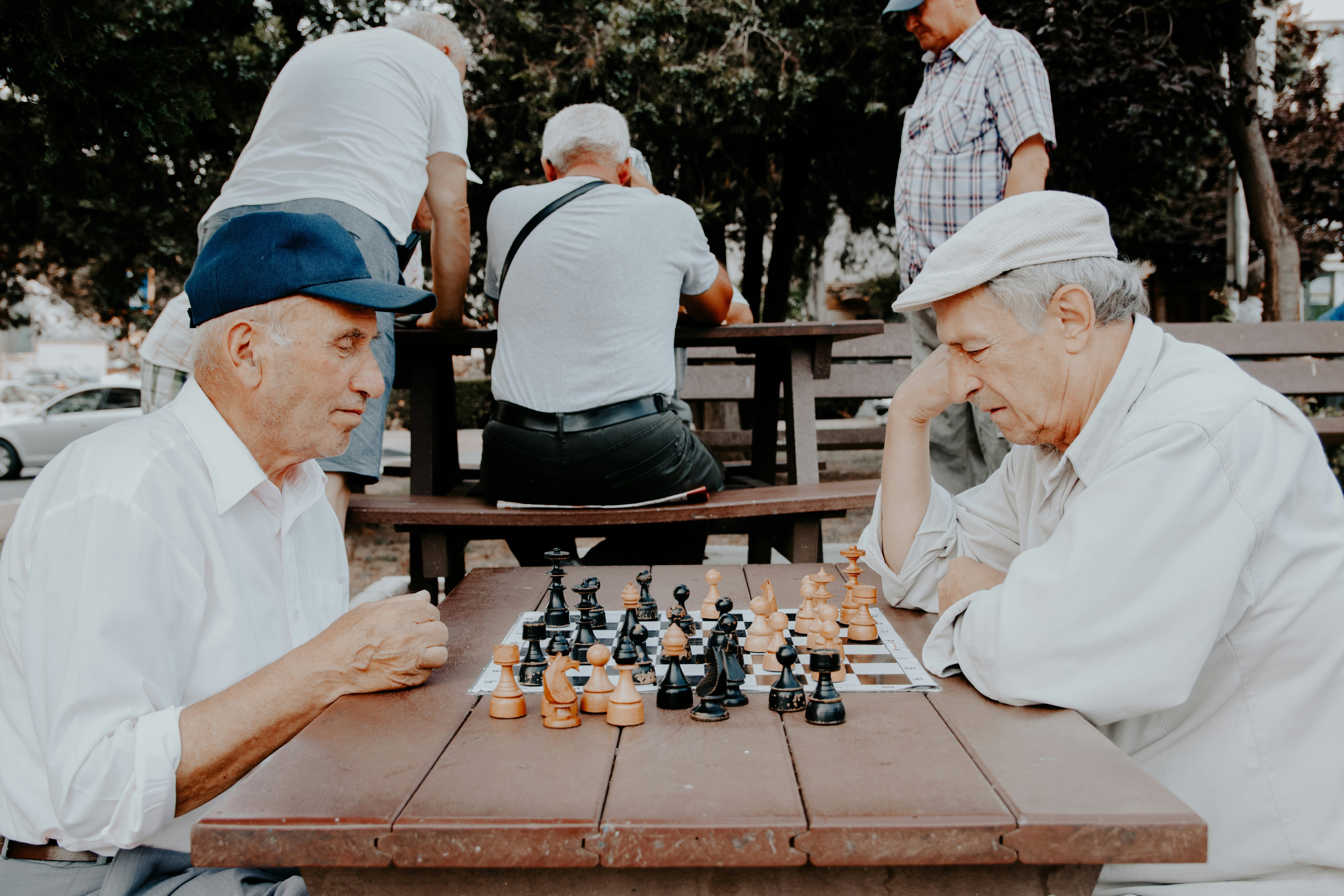Understanding the signs of nursing home abuse is crucial for families with loved ones in long-term care facilities in Florida. The state, known for its significant elderly population, has stringent laws and regulations governing nursing homes.

However, abuse and neglect can still occur, making it imperative for families to be vigilant. This guide aims to educate readers on identifying signs of abuse and neglect and provide practical advice for families on steps to take if they suspect their loved ones are being mistreated.
Defining Nursing Home Abuse and Neglect
Nursing home abuse encompasses a range of harmful behaviors, including physical, emotional, sexual, and financial abuse. Neglect, a form of abuse, involves failing to provide necessary care, resulting in harm or risk to the resident.
In Florida, the law provides specific definitions and protections against these abuses, emphasizing the right to safe and respectful care for all nursing home residents.
Recognizing the Signs of Abuse
Identifying abuse in nursing homes can be challenging, as signs may be subtle or mistaken for symptoms of aging or underlying health conditions. It's essential for family members to be aware of the various indicators that may suggest mistreatment or neglect:
Physical Signs: These are often the most noticeable indicators of abuse. They include bruises, welts, or scars, especially if they appear symmetrically on two sides of the body. Unexplained injuries such as sprains, fractures, or dislocations are also red flags. Look out for signs of restraint, such as rope marks on the wrists. It's also important to be alert to broken glasses, signs of a struggle in the resident's room, and unexplained difficulty in moving or walking.
Emotional and Behavioral Changes: These signs can be more difficult to detect but are equally important. Watch for sudden changes in behavior, such as withdrawal from normal activities, a sudden fear of being touched, or unexplained changes in alertness. Other signs include depression, confusion, or disorientation. Residents may also exhibit behaviors such as rocking, biting, or mumbling to themselves, which are often indicators of emotional distress.
Neglect: Neglect can manifest in many forms, including physical, medical, and emotional neglect. Physical neglect involves a lack of basic hygiene, appropriate clothing, or necessary medical aids like glasses or dentures. Medical neglect includes the lack of care for existing medical problems, such as not providing necessary medication or medical devices. Signs of emotional neglect include a lack of friendly interaction with caregivers or other residents and isolation from friends and family.
Poor Hygiene and Unsanitary Living Conditions: Neglect can lead to poor personal hygiene, such as dirty hair, body odor, or unchanged clothing. Living conditions that are unsanitary, such as dirty linens, foul odors, or inadequate heating and cooling in the resident's room, are also signs of neglect.
Financial Exploitation: This type of abuse involves the unauthorized use of an elderly person's funds, property, or assets. Signs include sudden changes in bank accounts, including unexplained withdrawals, changes in wills, policies, or Power of Attorney, and missing belongings or cash.
Sexual Abuse: Indicators of sexual abuse can include bruising around breasts, upper abdomen, or inner thighs, unexplained sexually transmitted diseases, and unexplained vaginal or anal bleeding.
Malnutrition and Dehydration: Unexplained weight loss, malnutrition, and dehydration are signs that a resident is not receiving adequate nourishment. These can be indicators of neglect and should be investigated immediately.
Family members must maintain regular communication with their loved ones in nursing homes and pay close attention to their physical and emotional well-being. Any sudden changes in their health or behavior should be taken seriously and investigated promptly.
Steps to Take if Abuse is Suspected
If you suspect your loved one is a victim of nursing home abuse, it's essential to take immediate action. This includes documenting the signs of abuse, reporting your concerns to the facility's management, and contacting appropriate state agencies. In cases of severe abuse, involving law enforcement may be necessary.
Immediate Action and Documentation: If you suspect that your loved one is being abused in a nursing home, it's crucial to act immediately. Start by documenting all signs and symptoms of abuse.
This includes taking notes of physical injuries, behavioral changes, and any relevant incidents or conversations. Photographic evidence of injuries or poor living conditions can also be crucial. Maintaining a record of these observations with dates and details can be invaluable in any subsequent investigation or legal action.
Communicate with Your Loved One: If possible, speak directly with your loved one about your concerns. It’s important to do this in a way that makes them feel safe and supported. Understand that they may be reluctant or fearful to share their experiences due to intimidation or fear of retaliation.
Report to the Facility Management: Bring your concerns to the attention of the nursing home's management or administration. This step is not only about seeking immediate intervention but also officially documenting your concerns with the facility. Ask about the facility's procedure for handling such complaints and request a follow-up.
Contact Relevant Authorities: In Florida, nursing home abuse can be reported to several authorities, including the local Adult Protective Services, the Department of Elder Affairs, or the Long-Term Care Ombudsman Program. Reporting to these agencies initiates an official investigation into the abuse allegations. In cases of severe abuse, contacting law enforcement may be necessary.
Medical Evaluation: Arrange for a medical evaluation of your loved one by an independent physician. This can provide an unbiased assessment of their condition and corroborate evidence of abuse or neglect.
Seek Legal Counsel: Consider consulting with an attorney who specializes in elder abuse cases. They can offer legal advice, help you understand your loved one's rights, and guide you through the process of seeking justice. They can also assist in protecting your loved one from further abuse and in pursuing legal action against the perpetrators and the facility.
Remember, your vigilance and advocacy as a family member are critical in protecting the well-being and rights of your loved one in a nursing home.
Legal Options and Support for Families
Families in Florida have legal options available if their loved one has been abused in a nursing home. This includes filing a complaint with state regulatory bodies and considering civil litigation to seek justice and compensation. Support groups and legal aid organizations can provide assistance and guidance during this challenging time.
Contact Domnick Cunningham & Yaffa Today
Awareness of the signs of nursing home abuse and knowing the steps to take if abuse is suspected are vital for protecting loved ones. This guide aims to empower families in Florida with the knowledge and tools needed to ensure the safety and well-being of elderly family members in nursing homes.
If you suspect nursing home abuse affecting a loved one, Domnick Cunningham & Yaffa is here to help. Our experienced legal team specializes in advocating for the rights of the elderly and ensuring they receive the respect and care they deserve. We are committed to providing compassionate and effective legal representation to tackle these serious issues head-on.
Confronting nursing home abuse can be daunting, but with Domnick Cunningham & Yaffa, you're not alone. Contact us for a consultation, and let us guide you through the legal process with expertise and dedication. Reach us at 561-516-5168 or book a consultation online to learn more about how we can assist you in this crucial fight for justice.

